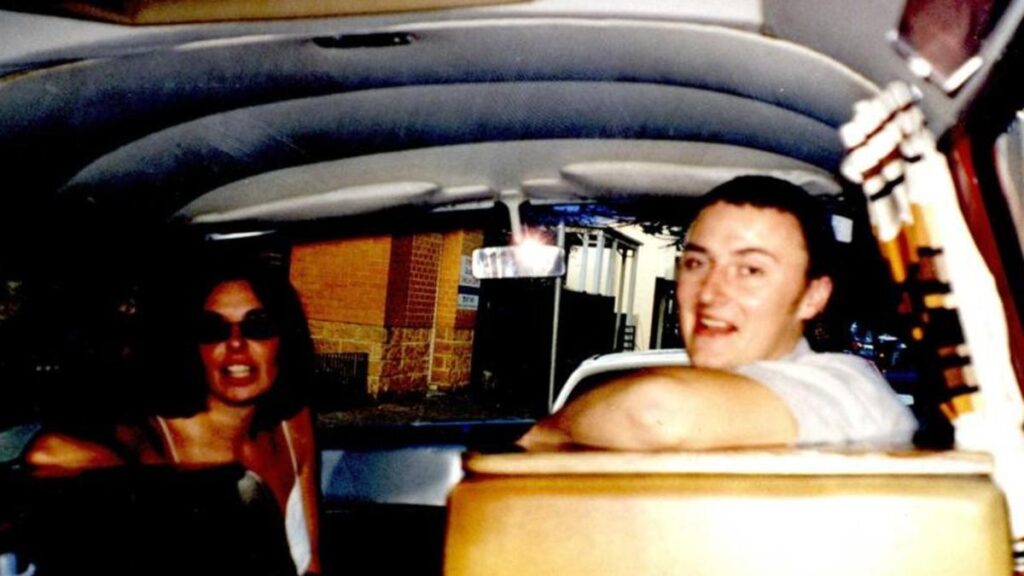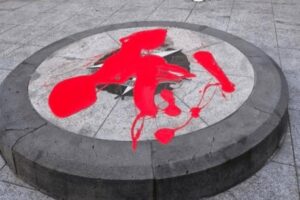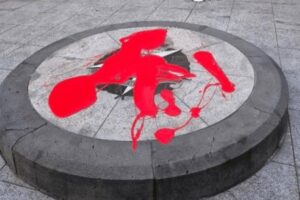
UPDATE: The family of Bradley John Murdoch, the man convicted of one of Australia’s most infamous murders, held a private funeral service to say goodbye. Murdoch, who was serving a life sentence for the 2001 murder of British backpacker Peter Falconio, passed away on July 15, 2023, following a battle with terminal throat cancer.
In a ceremony attended by family and friends, Murdoch was cremated, with his ashes scattered at an undisclosed location, according to a report from 7News. His family reflected on his life, stating, “To many, Bradley Murdoch is known only for the events that led to his conviction in 2005, but to those who truly knew him, he was much more than the headlines.”
The emotional toll of Murdoch’s actions remains palpable. Falconio’s parents, Joan and Luciano, expressed a sense of relief upon learning of his death. “It’s like a weight that’s been lifted. We don’t want to let him ruin our lives more than he already has,” they said. Their focus now shifts to their surviving children and grandchildren, yet they still hold on to hope that Falconio’s remains will one day be found.
The chilling details of the crime are still fresh in the minds of many. On July 14, 2001, while traveling along the Sturt Highway near Barrow Creek, Murdoch shot Falconio in the head after flagging down their Kombi van. He attempted to kidnap Falconio’s girlfriend, Joanne Lees, but she managed to escape and alert authorities. Murdoch was convicted of murder and sentenced to life imprisonment with a non-parole period of 28 years.
Despite his claims of innocence, Murdoch’s death leaves unanswered questions, particularly regarding the whereabouts of Falconio’s remains. The Northern Territory Police issued a statement following his death, reaffirming their commitment to resolving this critical aspect of the case. “It is deeply regrettable that Murdoch has died without disclosing the location of Peter Falconio’s remains,” the statement read. The police continue to urge anyone with information to come forward, emphasizing that even the smallest detail could lead to closure for the Falconio family.
Murdoch was eligible for parole in 2032, but the introduction of “no body, no parole” laws in 2016 meant he could only be released if he revealed the location of Falconio’s body. This legal stipulation has left many questioning the implications of his death on the ongoing investigation.
As the story develops, the Falconio family remains a poignant reminder of the human cost of such crimes. Their hope for closure is overshadowed by the painful legacy of loss, while Murdoch’s family remembers him in a more personal light. The conflicting narratives surrounding Murdoch’s life and actions continue to resonate, highlighting the complexity of human relationships intertwined with tragedy.
The Falconio case remains one of Australia’s most notorious, and as the investigation continues, the community watches closely for any new developments.







